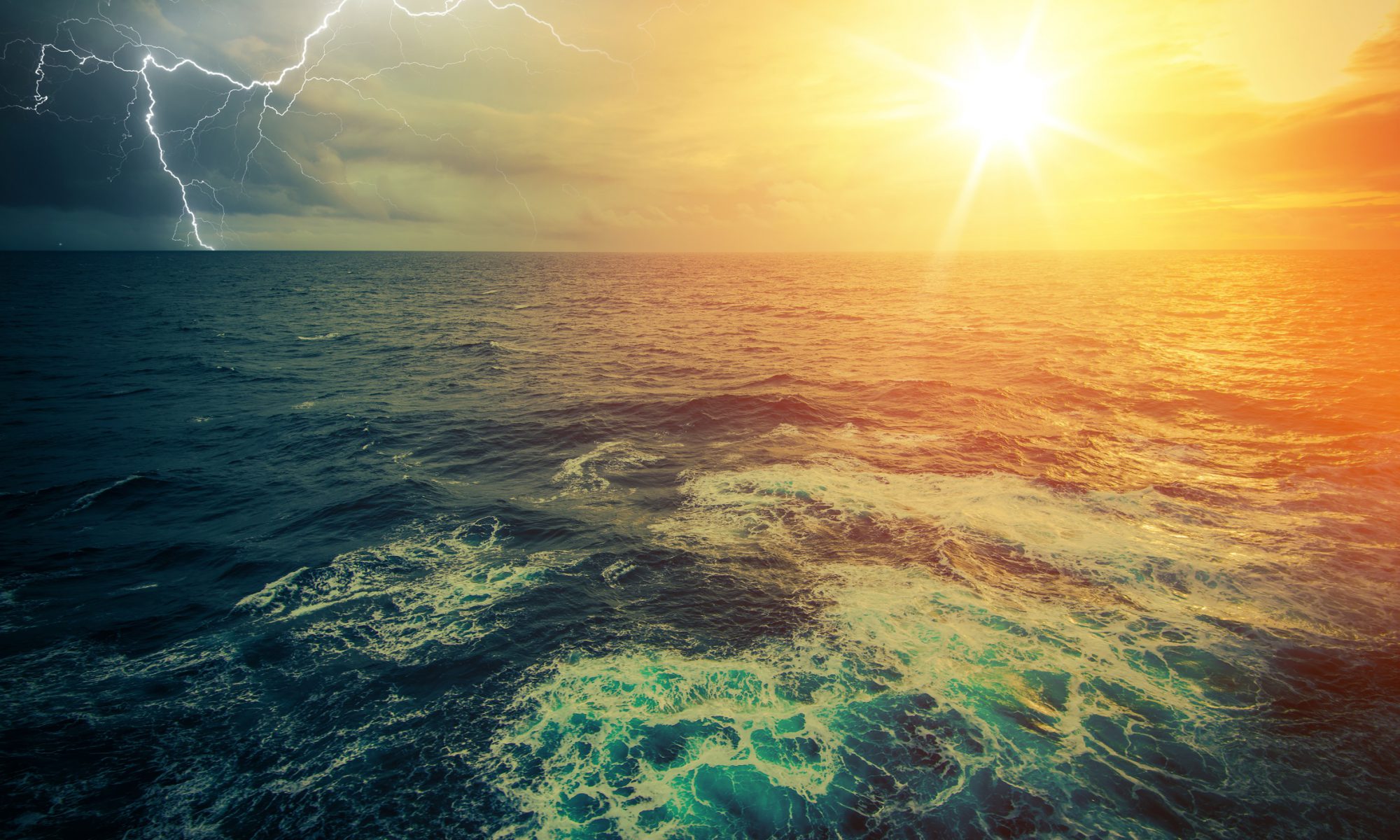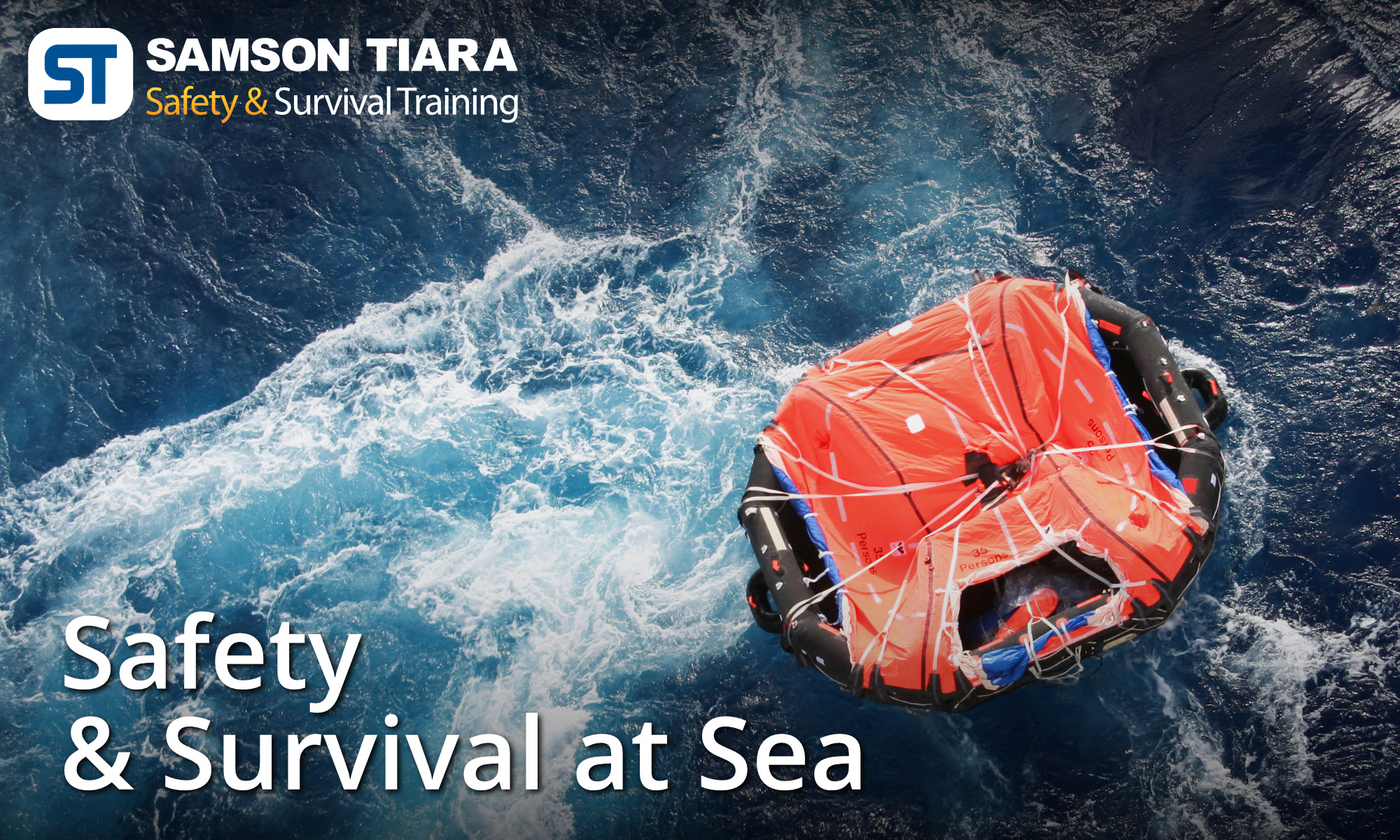Even in this modern age of aeroplanes and helicopters, we still rely heavily on the sea for transportation of goods. Cargo ships, oil tankers and fishing vessels still ply the waves around the world daily. Additionally, approximately 30% of the world’s oil supply comes from offshore exploration meaning a huge number of rigs, production platforms and support vessels are operating at sea.
As with any industry involving complex machinery and human interaction, accidents can, and frequently do, occur. In most instances, the root cause of casualties and incidents at sea occur due to the failure of machines, tools, systems or equipment, weather and human error. Mistakes made by workers and operators play a major role in maritime accidents, with complex investigations needed to unravel the chain of events leading to an incident. While an incident may be brief, it can leave lasting impacts, not just on the people involved, but also on the environment and ecosystem.
Common Sources of Maritime Accidents
-
-
- Accidents on Offshore Oil Rigs & Installations: The 2010 Deepwater Horizon incident in the Gulf of Mexico was an accident involving an oil rig. Offshore oil & gas exploration utilises a great deal of heavy equipment and complex work processes. Even a minor issue, or negligence of a single work process can lead to massive catastrophic incidents.
- Accidents on Crude Oil Tankers: The main cause of accidents on oil tankers is fire or explosions. The nature of the materials transported by tankers is dangerous and highly flammable, making it easier for an explosion to occur. According to statistics the biggest cause of these incidents on oil tankers is due to worker negligence.
- Grounding and hull damage: Ship grounding occurs when the bottom of the ship scrapes submerged objects, such as sandbars, rocks or shallow ocean floor. This can lead to damage to the hull, leaks and environmental damage.
- Accidents due to crane damage: Like operating a crane on land, operating cranes in ports and at sea also carry the risk of accidents. Failure of cables or winches can result in serious, sometimes fatal injury.
- Drugs and alcohol: Substance abuse is problem all over the world, even in the maritime industry. When workers are affected by drugs or alcohol it can impair their judgement and make them more prone to making mistakes or taking unnecessary risk, thus leading to an accident.
-
EMSA (European Maritime Safety Agency) reported that the number of maritime casualties in 2017 were 3,301 and there was around 3,174 total incidents and casualties in 2018.
Basic Sea Survival Training
Besides remaining alert to their surroundings and having the ability and confidence to identify and mitigate risk, there are many ways to maximize the chances of avoiding an accident at sea, such as:
-
-
- Making reports of the possible risks: It is important to always pay attention to anything that happens during a voyage, including knowing what accidents have happened and might happen along a route; and knowing the current conditions, such as weather, currents, traffic, security and many more. Based on this information, you can make a report to the company that can help both you and the company to decide if you want to carry on with the plans or postpone them.
- Check and monitor: You always need to ensure the equipment and machinery you rely on are in good condition and well maintained. It is equally important to monitor the health and fatigue of yourself and the workers. Fatigue can be fatigue as it leads to distraction and an increased likelihood of mistakes.
- Training: If an accident occurs, it is important to know be familiar with the survival equipment available and how to use it to stay alive until rescue. Samson Tiara provides Basic Sea Survival (BSS) Training for workers in offshore industries to ensure they have adequate knowledge and skills needed to survive an accident at sea.
-
As determined by the International Association of Sea Survival Training (IASST), participants in the BSS course will be trained to recognize risk working offshore, appropriate safety and survival techniques and the appropriate use of life-saving equipment. We provide training in the use of all appropriate lifesaving equipment including life-rafts, lifeboats, SOLAS lifejackets, signalling devices as well as abandonment and recovering procedures. The one day BSS course is valid for 2 years and includes a half day of theory and a half day of practical exercises.
For more details about BSS you can visit the course profile here: https://www.samson-tiara.co.id/Course/Basic-Sea-Survival/ .
The schedule of our training can be found at: https://www.samson-tiara.co.id/Schedule/ .
For our most competitive pricing, please contact us at: https://www.samson-tiara.co.id/Contact-Us/Online-Form/ .
Recently, Samson Tiara was accredited by OPITO to the D-BOSIET (Digital Basic Offshore Safety Induction & Emergency Training). This course, which also includes Basic Sea Survival, allows participants to conduct all theoretical elements online at home prior to attending a 1 day practical session at the training centre, thus saving time and money. You can register at: https://www.samson-tiara.co.id/Registration/ .
During the COVID-19 Pandemic, Samson Tiara holds training sessions with a very limited number of participants. We also apply very strict rules, such as social distancing, use of masks, temperature checks, increased cleaning & disinfecting and all participants are required to have an official health check prior to enrolment.
Samson Tiara is dedicated to improving the safety and well-being of all workers, and provides a wide range of other safety training. To find out more about the training we offer and what we can do to improve worker safety in your organization, please feel free to contact us at:
Samson Tiara
The Garden Center #6-03,
Kawasan Komersial Cilandak,
Jl. Raya Cilandak KKO,
Jakarta 12560, Indonesia
Phone: +62 21 780 1388
Fax: +62 21 780 1389
Email: office@survival-systems.com / marketing@survival-systems.com
Website: http://www.samson-tiara.co.id
LinkedIn: https://www.linkedin.com/company/pt.-samson-tiara
* PT. Samson Tiara is 1 of 14 TEEX accredited training providers in the world.*
* PT. Samson Tiara is the first OPITO Approved Training Provider in Indonesia & winner of the 2016 OPITO training provider of the year.*
References and Further Reading
12 Types of Maritime Accidents:
https://www.marineinsight.com/marine-safety/12-types-of-maritime-accidents/
3,174 maritime casualties and incidents reported in 2019:
https://safety4sea.com/23073-maritime-casualties-and-incidents-reported-in-2019/
10 tips to avoid accidents at sea:
https://safety4sea.com/ten-tips-to-avoid-accidents-at-sea/
Maritime Accidents and Injuries:
https://www.maritimeinjuryguide.org/maritime-accidents-injuries/










